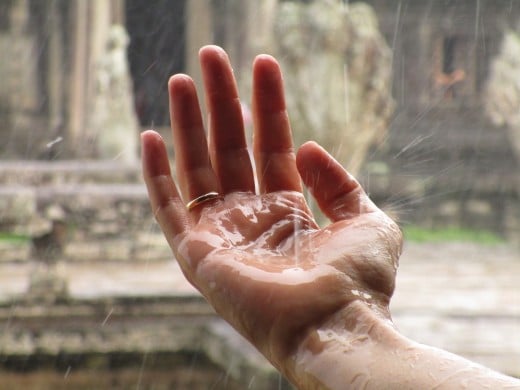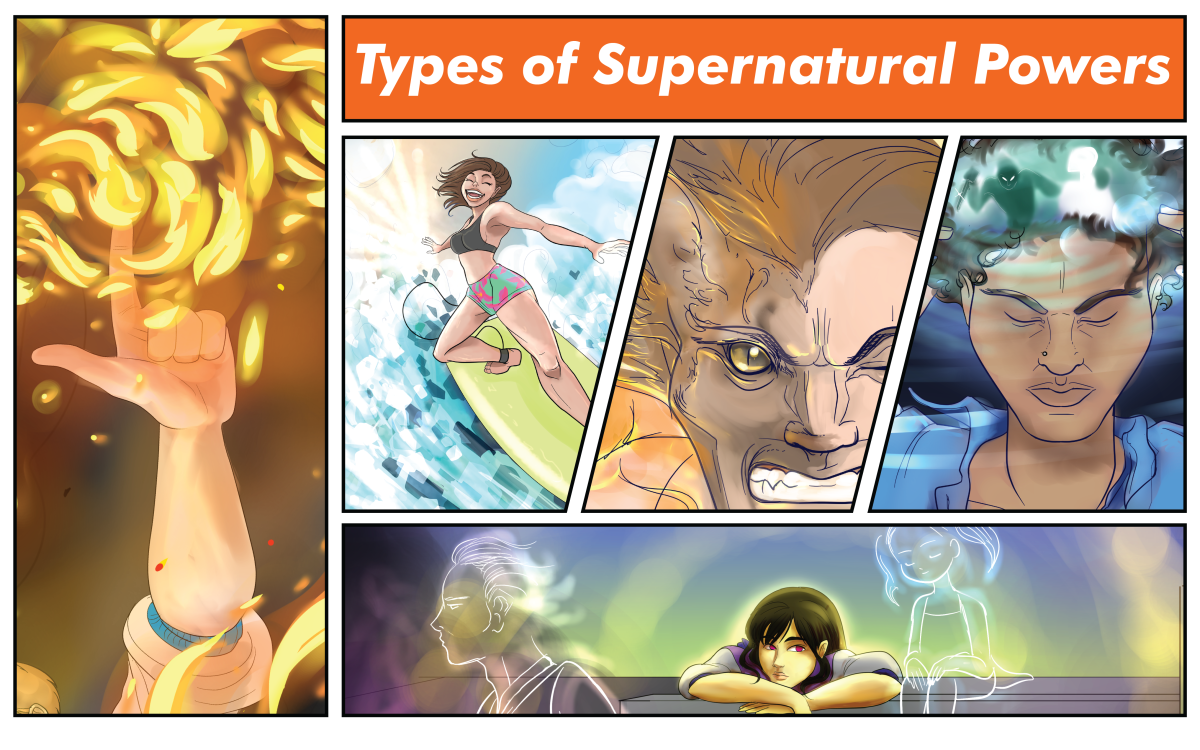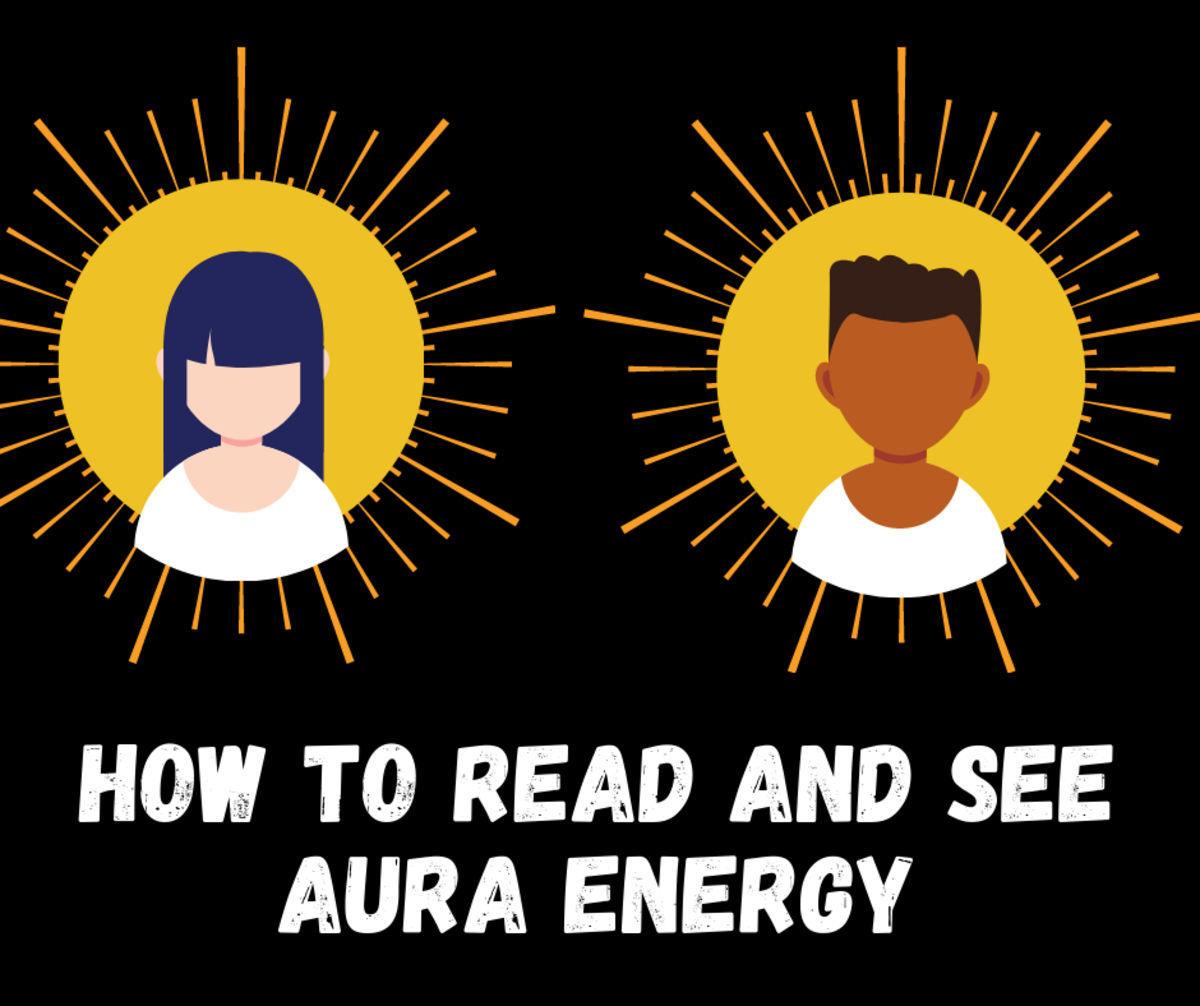Why are we not living in Heaven?

Why do we suffer?
Why do people face calamities in life? And why is there evil in the world? A question that haunted humans since the early dawn of history whenever they experience worries, fear, or grieve due to wars, diseases, death, natural disasters, or any kind of loss. That is why I started my quest trying to find out a good reason for our calamities. For years, I used to contemplate people’s experiences around me and ask scholars from various fields including religious figures, philosophers, professors, etc. and I received many wise answers including and not limited to the following:
Beyond our reasoning:
Some confirm that we don’t comprehend this life the way God comprehends it. We are imperfect creatures, we come to this life for a temporary period of time but the story started long before we came and will continue long after we die and all we can perceive is that little part that we witness during our lives. But, before and after this episode, we don’t know. Our perception of the universe is limited, and there is a lot that we are unable to grasp, as we are unable to see the full story.”
A necessity to freedom:
Some view calamities as a consequence to our freewill. If we are free to choose, then we are free to do evil and inevitably hurt others.
A necessity to appreciate:
Others claim that things are known by their opposites. Hence evil exists so we can appreciate the good. You won’t be able to appreciate light without experiencing darkness, health without disease, and so on. Others take this concept to another level and say that we are unable to understand the difference between courage and cowardice unless we experience fear, and we do not appreciate generosity unless we are faced with poverty or richness.
Calamities are linked to our perception:
Some think that our happiness doesn’t depend on things around us but rather depends on our perception of things around us. We are free to choose whether to concentrate on the empty half of the glass or the full. And if we realize that good times and bad times are temporary, then we will accept and be happy even if circumstances around us seem to drive us to feel the opposite. They conclude that happiness comes from within. It is our reactions to the hardships we face in life that make life miserable or tolerable.

Virtues in disguise:
Many believe that calamities may turn to be the best things that ever happened to us. The following story, narrated by the scholar Dr. Hathout explains this theory. It is about a friend of his who thought that the worst day of his life was the day he was to leave for America to pursue his PHD. On his way to the airport, he had a car accident, which resulted in multiple fractures in his bones and other injuries. Instead of going to the airport, he was taken to hospital where he stayed for a long period under treatment. Unfortunately, he lost the chance to achieve his scientific mission. Later, he realized that the very same day was the best day of his life; for he discovered from a newspaper by mere chance that the connecting flight he was to take from Europe to America crashed with no survivals, so it turned out that what he thought was the worst day of his life was the day his life was saved. This man was lucky to understand the wisdom behind his calamity, but I believe not everybody gets this chance. However, there is always one clear virtue of calamities which is deep and profound learning. For we get more mature over time through these unpleasant experiences.
A Part of the test
Some find suffering as a worldly test that God puts us through, to find out if we will endure, be patient and hold on to our faith, or lose hope, and deviate from the right path. Others take this argument into another level. They say that these calamities are not only meant to test us for the Hereafter, but they help us recognize people’s core. We are usually unable to differentiate between hypocrites and genuine friends unless we face problems that require consolation and support.
Giving us credit:
Indeed these are very wise answers, yet they did not answer my main question which is why the test? If God is the Generous, why didn’t He create us in Heaven without the need to suffer, struggle and strive in this worldly life?
I got the answer to my question when my daughter received a reward from her college for achieving high grades. She was extremely happy although the reward was far less than the monthly pocket money she received from her father. Indeed happiness is acquired not by the amount we receive, but by the sense of appreciation and achievement. This reminded me of my mother who used to pay the poor in return for trivial services. She always said that this was disguised charity that is meant to give the poor money without hurting their pride. Indeed, God, the Generous, could have created us in Heaven from the beginning. And of course He doesn’t need our good deeds in this life even if they are plentiful. But He wants to honor us, give us some credit and let us feel that we are appreciated and rewarded because of our good work and right choices.

The bottom line
It seems to me that in spite of the different interpretations to calamities, people’s acceptance depends on how much they put their trust in God. I quote from Dr. Hathout the following: “If one of my wishes every time I face a bad situation to raise my head and say God explain to me what is the good thing behind this, then I would not be a believer. This is not the way to show your trust to God. But faith is to know that what happens is the best for you even if it does not explain itself.” Faith means embracing the overwhelming mercy that reveals itself every moment in life, in every sunrise, in the blossoming of flowers, in children’s laughter, in every tongue that says the magical words “I love you”. And I believe that the worst calamity in life is living without noticing.
All photos from Pixabay








